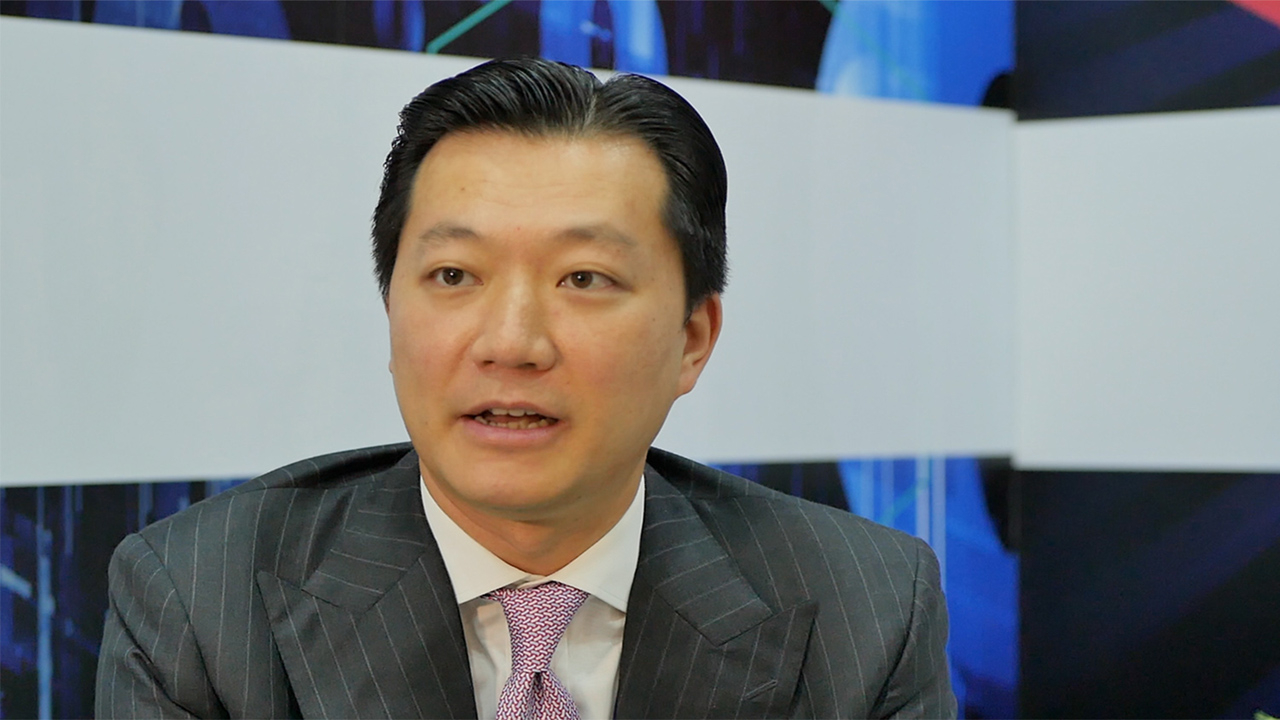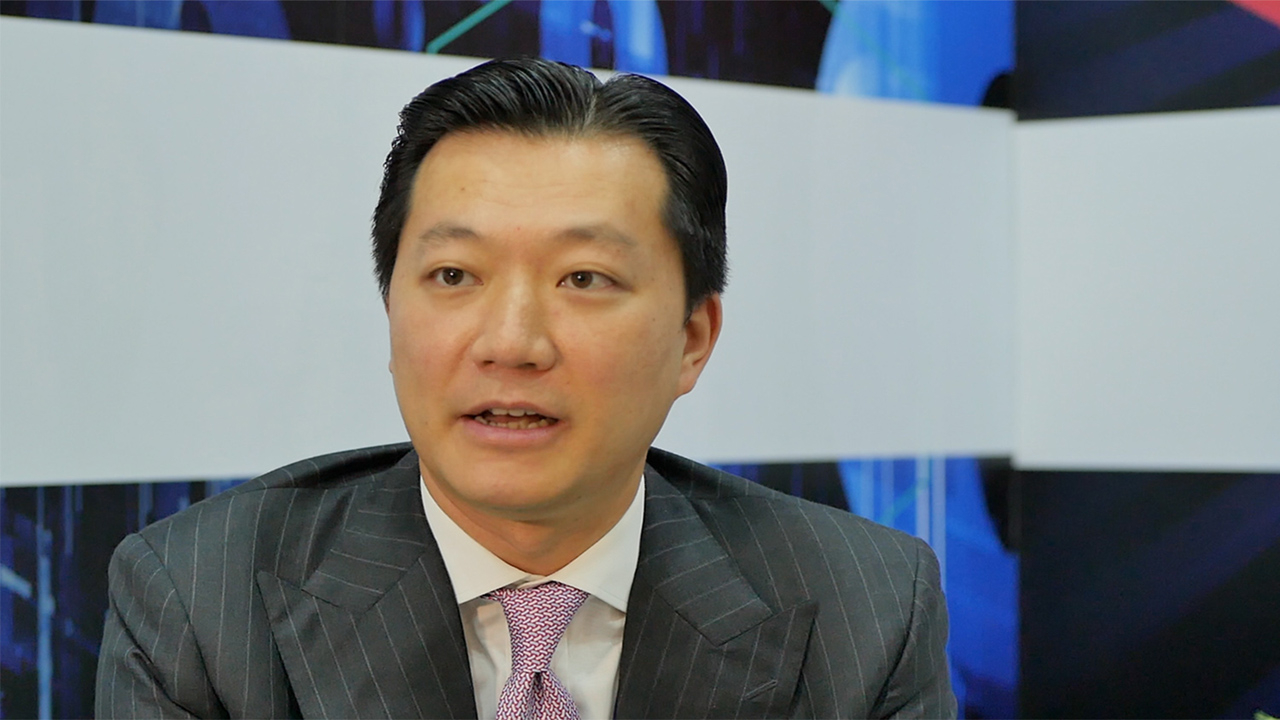
Business
15:32, 26-May-2018
Vanguard China chief to retail investors: Set investment goal first
By Yan Qiong
02:02

Of all the factors influencing an investment market, do you know what is the only thing an investor can actually control? Do you have a clear goal when you begin investing? What is your investment philosophy or investment belief?
These are the questions every retail investor should ask themselves, according to Lin Xiaodong, country head of Vanguard China and chairman of Vanguard Investment Management (Shanghai) Limited, who shared his insight with CGTN.
Vanguard Group is the world’s largest mutual fund holder and the second-largest provider of exchange-traded funds (ETFs).
China has approximately 100 million retail investors, according to the China Securities Regulatory Commission (CSRC). Unlike stock markets elsewhere, about 85 percent of transactions on the Chinese stock market are made by individual retail investors, rather than institutional investors.
For the majority of retail investors, Lin has four suggestions: have a clear investment goal, diversify your portfolio rather than putting all your eggs in one basket, make sure your investment costs will not dilute or eat up the long-term investment return, and focus on the long-term investment instead of reacting to short-term market fluctuations.
“Among all the factors in the market, there's only one the investor can control, which is their investment cost. The lower investment cost investors pay, the better return they will gain in the long term.”
Besides giving suggestions to retail investors, Lin also spoke of the opportunities and challenges facing China’s capital market.
05:02

Opportunities
At present 75 percent of Chinese financing comes from indirect financing channels. It is very different for Western capital markets where direct financing accounts for more than 80 percent of overall financing.
Lin pointed out that the gap will present opportunities to Chinese market players as direct financing will continue to grow in China.
Direct financing, including issuing shares or bonds, links borrowers and investors directly, while indirect financing is where money is borrowed from a financial intermediary, such as a bank or an insurer.
With China removing foreign ownership caps in the finance sector, “more and more world-class financial institutions will come to China to help China build up a world-class capital market, which would eventually benefit investors and the economy,” said Lin.
Challenges
When it comes to challenges, Lin stressed that once China opens up its financial market, there would be more competition from foreign players. How Chinese players can bring up their own best practice to compete with the global players and build a healthy competition ecosystem in the capital market will be the first challenge.
The second challenge Lin brought up is the need to “educate” Chinese retail investors by making sure they understand what is essential for the capital market investment.
The third is how the regulators would balance supporting innovation and ensuring financial stability – a task that is becoming increasingly challenging in a financial environment constantly disrupted by technological shifts.
Read More: Vanguard China chief: Bright future ahead for mutual funds

SITEMAP
Copyright © 2018 CGTN. Beijing ICP prepared NO.16065310-3
Copyright © 2018 CGTN. Beijing ICP prepared NO.16065310-3